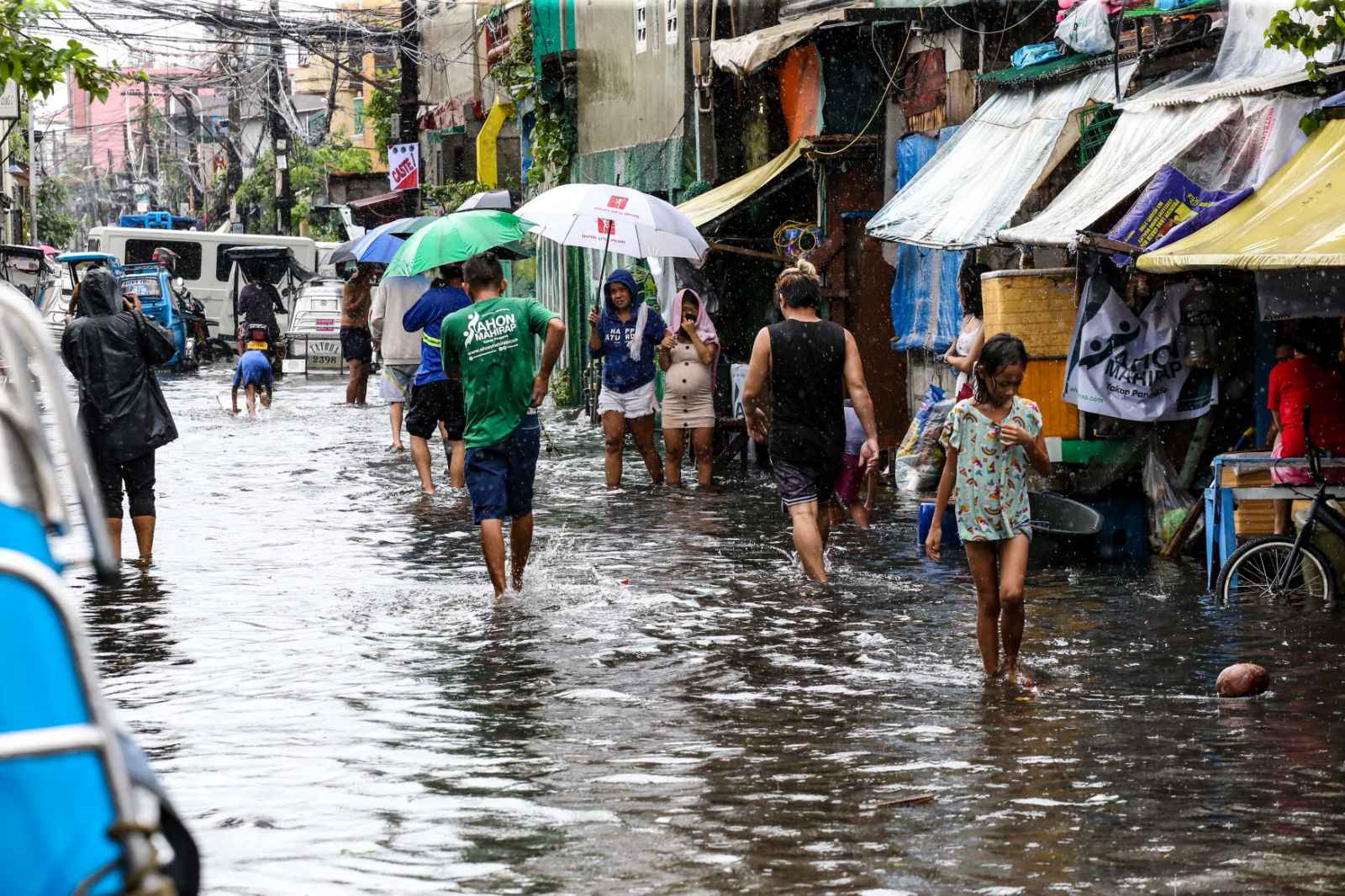Leptospirosis cases up 17%; DOH appeals for immediate behavioral changes
At A Glance
- As of Tuesday, Aug. 13, DOH data showed that 255 new leptospirosis cases were recorded from July 21 to Aug. 3–a 17 percent rise compared to the 217 cases reported from July 7 to 20.
- Health Secretary Teodoro J. Herbosa said addressing the surge in cases requires behavioral changes rather than just communication improvements.
- DOH advised individuals who have come into contact with floodwaters to seek medical consultation immediately, even if symptoms have not yet developed.

The Department of Health (DOH) reported a significant increase in leptospirosis cases following the flooding caused by Typhoon Carina and the enhanced southwest monsoon (habagat) in late July.
As of Tuesday, Aug. 13, DOH data showed that 255 new leptospirosis cases were recorded from July 21 to Aug. 3.
This represents a 17 percent rise compared to the 217 cases reported from July 7 to 20.
Since the start of 2024, the number of leptospirosis cases nationwide has reached 2,115.
There have been 224 deaths related to leptospirosis recorded this year.
While the number of cases is 23 percent lower than the 2,757 cases reported during the same period last year, DOH epidemiologists remain cautious in interpreting these trends due to the possibility of late reports.
Likewise, the incubation period for leptospirosis ranges from two to 30 days, with a clinically observed average of seven to 14 days.
The increase in cases has prompted a heightened response from health authorities across the country.
DOH has been coordinating patient care in Metro Manila, directing leptospirosis patients to available beds through the DOH Lepto Referral Lines (02) 8531-0037 and (0920) 283-2758.
Leptospirosis is an infection caused by the bacterium Leptospira, commonly found in mammals like rats.
The bacteria can enter the body through open wounds, or the eyes, mouth, or nose.
It can also be contracted by wading in floodwaters contaminated with the bacteria.
DOH appeal
Health Secretary Teodoro J. Herbosa said addressing the surge in cases requires behavioral changes rather than just communication improvements.
“The surge in leptospirosis cases is not a communication problem, it’s a behavior problem. We need a change in behavior. I'd like to discuss with the Department of Education how to teach children early on that they should not swim in flood waters. I'd also like to discuss with the Metropolitan Manila Development Authority how to improve solid waste management because rats live in garbage and rats are the reason for leptospirosis,” he said.
DOH continues to recommend antibiotic prophylaxis against leptospirosis, which is available by prescription.
The price freeze for doxycycline will remain in effect until Sept. 23, and free capsules are available at government health centers and hospitals.
DOH advised individuals who have come into contact with floodwaters to seek medical consultation immediately, even if symptoms have not yet developed.
Leptospirosis symptoms can include fever, chills, headache, muscle aches, nausea, vomiting, diarrhea, abdominal pain, red eyes, and rash.